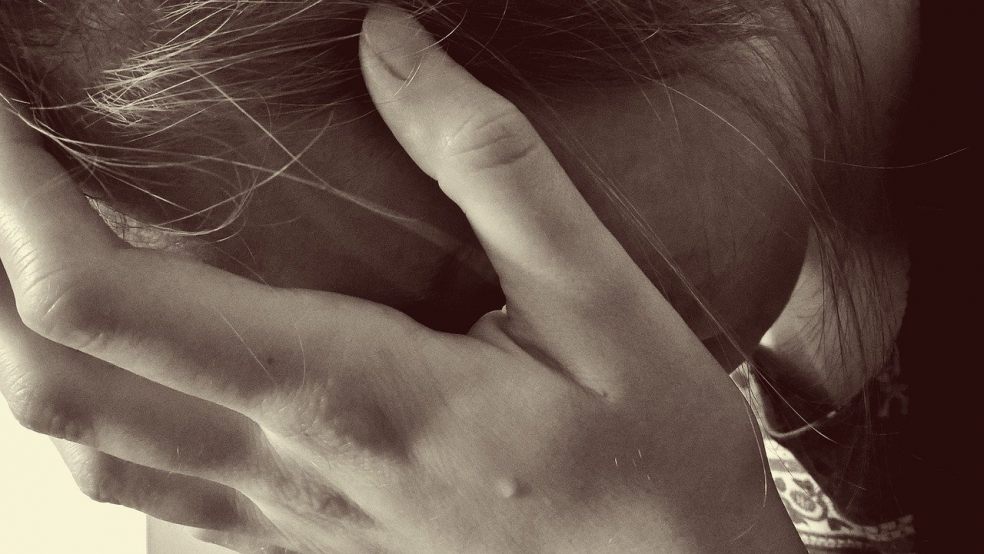
Neighbours should report suspected domestic violence to police as attacks spiral during lockdown, new report urges
The Centre for Social Justice has issued a new report urging all Britons to watch out for signs of domestic abuse among their neighbours in the wake of a sharp rise in attacks during lockdown.
The report, Domestic Abuse and the Lockdown, warns that just as the Government has taken lockdown measures to contain the Covid-19 outbreak, traditional lifelines for vulnerable women, such as GP surgeries, churches, and hairdressers are becoming inaccessible. These are common places for victims to tell others their harrowing stories.
Another key issue is the increasing diversion of police time and resources away from domestic abuse towards coordinating the lockdown. However, the report applauds efforts by some police forces, such as the Metropolitan Police, Hampshire, North Yorkshire and Cumbria, to encourage the public and frontline workers, such as supermarket staff and delivery drivers, to be on the look out for signs of domestic abuse.
Cristina Odone, Head of Family Policy at the CSJ and author of the report, said: "Despite being under-resourced, the police are showing themselves to be imaginative and innovative in finding ways to support victims of abuse and housing their abusers. Dealing with this crime remains a priority for them: domestic abuse accounts for a third of violent crimes.
“But given the pressures of lockdown -- anxiety about job losses, infection, disrupted services and schooling -- the public should be ready to play a safeguarding role too. We can be the police's extra eyes and ears, watching out for signs of abuse in our neighbours, our acquaintances, our friends and relatives.
“Lockdown has shown us how important our social fabric is: we rely on the kindness of strangers, but also on their watchfulness. This is an extraordinary time, that calls for extraordinary measures. At the risk of being accused of instigating a snooper's charter, I would call on everyone to be on red alert: spot the victims and blow the whistle on their abuser.
"Victims should know they are not alone-- the rest of us have their back.”
The CSJ found that during the present Covid-19 lockdown crisis:
- Calls to the National Abuse Hotline in the UK soared by 65 per cent last month and by 25 per cent in a five-day period last week;
- Age UK reports 88 per cent increase in calls to its adviceline;
- Refuge helpline for victims has seen a 120 per cent increase in one day.
Meanwhile, of 119 frontline services surveyed by national charity SafeLives:
- Three quarters (76 per cent) of respondents said they had to reduce service delivery due to Covid-19;
- A third of services have reduced staff as a result of self-isolation of workers and the refusal by some schools to accept domestic abuse workers as ‘key workers’, which disproportionately affects the predominantly female work force in this sector;
- 79 per cent said they were worried about increased risks for their clients.
To deal with the abuse crisis, the CSJ has recommended schools classify all domestic abuse workers as key workers, so that their children may stay in school, releasing them to resume their work outside the home.
The think tank has also suggested refuges should be kept open in so far as this is possible and should have priority access to free tests or vaccinations.
The CSJ, through its alliance of grass-roots community-based charities and voluntary organisations in every part of the UK, identified a number of creative responses to the crisis. Its researchers also connected with front line services, national and local police forces, as well as the Domestic Abuse Commissioner’s office to find how offers have been, or could be, adapted to these unprecedented circumstances.
The feedback collected helped the think tank to draw together examples of best practice and key requests from statutory and voluntary bodies. It has also enabled them to compile a set of recommendations to inform government policy and support the safeguarding of the most vulnerable.













